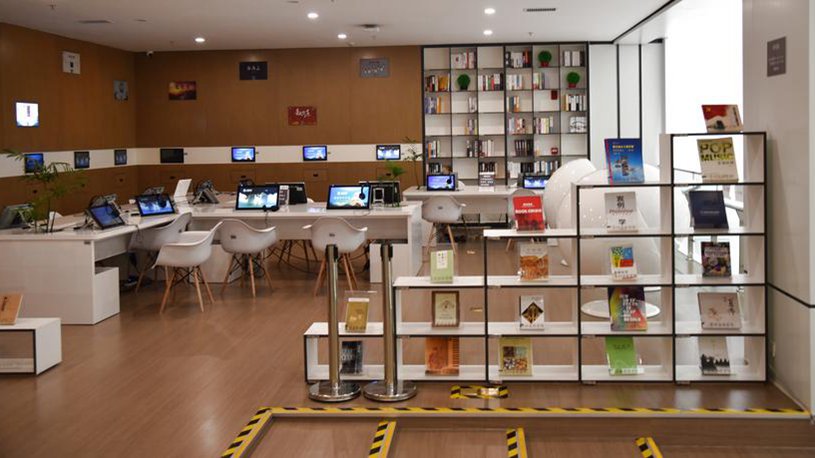Experts believe the next generation of network technology will bring industrial manufacturing to the next level.
HANNOVER, Germany, April 25 (Xinhua) -- 6G will become "the basis for the next industrial revolution," a technology expert said at the globally influential Hannover Messe 2024 trade fair this week.
Frank Burkhardt, from the Fraunhofer Institute for Integrated Circuits IIS (Fraunhofer IIS), said that 6G technology means those working in factories will be able to perform tasks which are currently "undreamed of."
Experts believe the next generation of network technology will bring industrial manufacturing to the next level.
According to Germany's 6G Research and Innovation Cluster (6G-RIC), which showcased its progress at the trade fair, key technical innovation areas of 6G should include addressing the bandwidth limitations of existing infrastructure, and making large-scale networks able to connect a wide variety of devices.
Artificial intelligence and computing infrastructure in the network will play more critical roles in 6G, said 6G-RIC researcher Johannes Dommel at the event.
More sensors, data, and computing capabilities will be available for the industry in the next-generation network, Dommel underlined. "I think 6G will provide the answers for the increasing trends in data and devices."
Research engineer Marius Schmitz from the University of Kaiserslautern-Landau told Xinhua that 5G technology already offers a strong network in terms of latency, data rate, and reliability, but it cannot serve as one network for all purposes.
"In our vision, 6G could be a more versatile network that can fit into a bigger number of different applications simultaneously," Schmitz said.
However, it is currently unknown when 6G will be put into practical use, he added. "The standardization process of 6G could take a long time."
While 5G paved the way for the development of cellular communication, 6G brings it to the next level, said senior technology architect from Belden, Christian Bauer, during the trade fair.
Whether in ports, mining, or manufacturing, industrial requirements will not only be met but surpassed using 6G, he said. However, he added: "From my point of view, it's a marathon, not a sprint." ■










